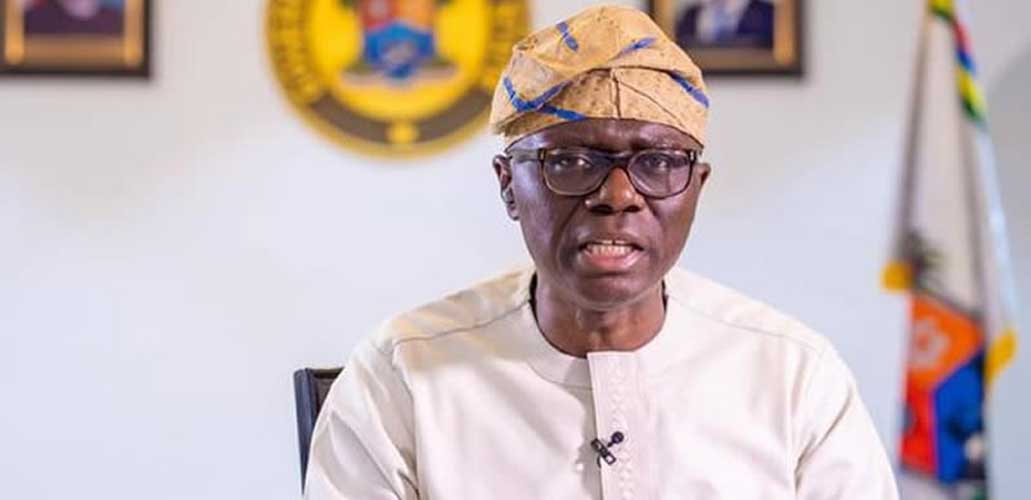Lagos State Govt Looks Forward To 2023 ‘Digital’ National Population Census
Lagos State Governor, Babajide Sanwo-Olu, has said that the state will prioritize the 2023 Population and Housing Census, scheduled to hold in April.
Sanwo-Olu noted that the 2006 census exercise, which indicated that the state population was 9,013,534, but was later reviewed upward to 12,772,884 in 2019, making Lagos the second most populous state in Nigeria, after Kano, does not reflect the actual population of the state.
Advertisement
The governor pointed out that a look at figures from the Independent National Electoral Commission (INEC) in terms of number of registered voters and polling units, gives an idea of the actual population of Lagos. He regretted that despite the current figure not reflecting the actual population of the state, it is what is used to determine some of the resource that is allocated from the federation.
Sanwo-Olu stated this on Tuesday at a stakeholders summit on the 2023 Population and Housing Census, which held at Alausa Ikeja with the theme, “2023 Census: Getting the People Involved.”
“It is this same old figure that is used to determine all of the resource that is allocated, all of the funding that come from Abuja, and we know that we are not fairly treated,” he said.
Sanwo-Olu urged Lagos residents to participate fully in the exercise by cooperating with the officials of the National Population Commission (NPC) and Committees set up by the state government to ensure that the exercise is successful.
Advertisement
He said: “We cannot emphasise enough the critical role a credible National Census plays in achieving effective and result-oriented planning. This exercise is extremely important because apart from the population figure, the Census will also provide us with vital data and statistics in many other areas that will enable us to plan better and deliver more effective infrastructure and social services to the people of Lagos State.
“As we are all aware, the last Nigerian census was conducted in 2006. The result of that exercise indicated that the population of Lagos State was 9,013,534, which was then reviewed upward to 12,772,884 in 2019, making our population the second largest in Nigeria, after Kano State.
“Although Lagos State has always contested these figures – we have always been clear that they do not reflect the actual population of the State – it has remained the official population figure upon which national planning decisions and some resource allocation decisions are based. Now we have in front of us another opportunity to get it right, perhaps for the first time in our history. Many of you will be familiar with the controversies and tensions that have accompanied all previous Census exercises. We cannot afford to have these disturbing outcomes happen again in 2023.”
According to the governor, the introduction of new technology in the exercise will make enumeration easier and credible, adding that getting the actual population of the country will help drive economic growth and prosperity.
“Thankfully, we can now count on new technologies that make enumeration easier and more credible. In that vein, it is heartwarming to note that the planned 2023 Population and Housing Census, slated for April 2023, will be a digital census, taking advantage of digital tools and technology. This is unprecedented in our history, and another sign of how technology is transforming every aspect of our lives, including the conduct of our elections.
Advertisement
“Knowing exactly how many we are in Nigeria, and in each State, is a basic foundation that must be in place for our economic growth and prosperity. We are all familiar with the saying that those who fail to plan, plan to fail. We cannot plan adequately for the future, without possessing accurate data that shows us today’s patterns and tomorrow’s trends,” Sanwo-Olu said.
He added: “It is important that we deploy various means to ensure widespread sensitisation and enlightenment of all our people, in readiness for the commencement of this exercise. We must get the word out, in various local languages and media formats, and let people know why it is important for us to have an accurate population count, down to every locality in the country. We have a responsibility to get it right this time, for ourselves and for future generations.”



